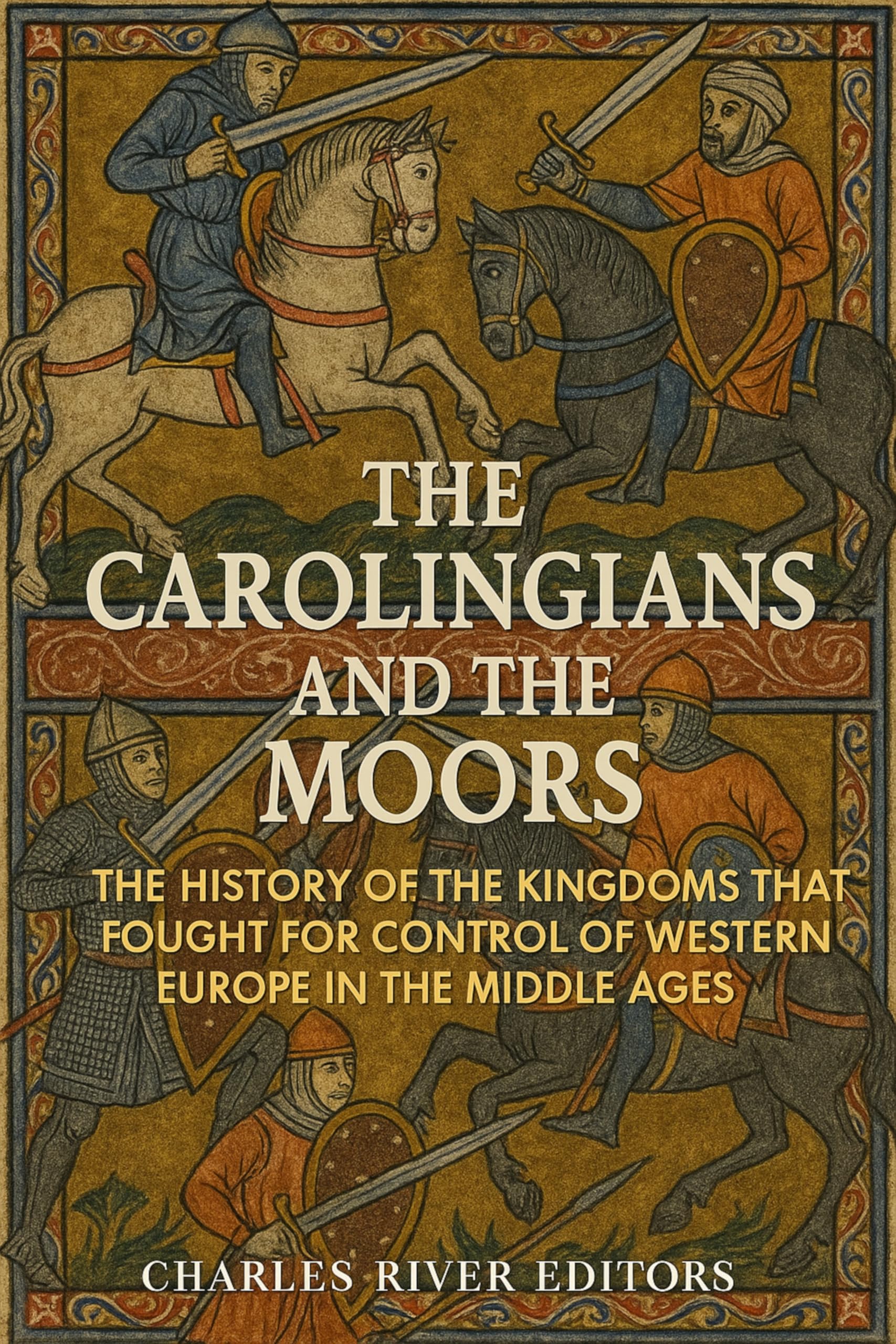Not surprisingly, three religions attempting to coexist during medieval times resulted in nearly incessant conflicts, marked by high taxation, disparate societies, rigid cultural controls, and systemic violence. Despite the odds, these three religions managed to live in a state of quasi-acceptance and peace in most of the major cities in the Iberian Peninsula like Cordoba and Toledo, with sporadic warfare occurring on the borders between Al-Andalus and the Christian kingdoms near the Pyrenees Mountains. Muslims, Christians, and Jews would attempt to reorganize their societies several times over the centuries through warfare, always with Jews on the lower rungs and Christians and Muslims fighting it out above them.Though it’s often forgotten today, the fighting that took place during the Reconquista was not originally driven by religion. Instead, the majority of the battles were fought by ambitious rulers who sought territorial expansion, like many other civilizations during the Middle Ages. In fact, the Reconquista would not gain its unique religious flavor until the 13th century, when the territories that would become Castile and Aragon drummed up religious fervor to achieve its aims and gained papal support from Rome.While the Moors have always been associated with Spain due to their lengthy stay on the Iberian Peninsula, the most famous battle they were involved in was actually fought in modern France. While the Franks were consolidating a kingdom there, Muslim forces were pushing out of North Africa and into the Iberian Peninsula in the early 8th century, and by the dawn of the 730s, the Umayyad dynasty had expanded its territory from the Atlantic to the Pyrenees, a series of seasonally snow-capped mountains in Europe that forms a border between the nations of Spain and France. This would lead to Charles Martel’s most famous military victory came at the Battle of Tours, also called the Battle of Poitiers, on October 10, 732. At this battle, a united Frankish force decisively defeated the invading Umayyad Caliphate, making it one of the most important in all the Middle Ages for stemming the advancement of the Islamic forces in Europe.[1] As historian William E. Watson put it, “Had Charles Martel suffered at Tours-Poitiers the fate of King Roderick at the Rio Barbate, it is doubtful that a “do-nothing” sovereign of the Merovingian realm could have later succeeded where his talented major domus had failed. Indeed, as Charles was the progenitor of the Carolingian line of Frankish rulers and grandfather of Charlemagne, one can even say with a degree of certainty that the subsequent history of the West would have proceeded along vastly different currents…”Charles Martel was the forefather of the Carolingian dynasty, which carved out a major empire in Europe from 750-887, ushered in an important period in the Early Middle Ages. The Carolingians were in their time seen as the successors of ancient Rome in the West, and while they sought to reestablish the glory of antiquity, they’re remembered today for effectively founding the states that would become France and Germany. The Carolingians are also credited with creating the first Renaissance, the Carolingian Renaissance, centuries before the Italian Renaissance. Many of the great Latin classics survive today because of copies made during this period. In addition, the revisions made to written script at this time made texts easier to read, so much so that most of those changes remain in the modern system of writing. The Carolingians lived at a moment in time where they saw that antiquity was seen as worth preserving, but they also sought to adapt it to the times, setting the groundwork for many aspects of what would become the modern world. Nobody was more important in bringing this about than Charlemagne, the most famous man of the Middle Ages, and likely the most influential.
save
$5.99The Carolingians and the Moors: the History of the Kingdoms That Fought for Control of Western Europe in the Middle Ages
$0.00$5.99
This book explores the complex interactions among Muslims, Christians, and Jews during the medieval Reconquista, highlighting battles, territorial ambitions, and the influential Carolingian Empire’s role in shaping Europe.











